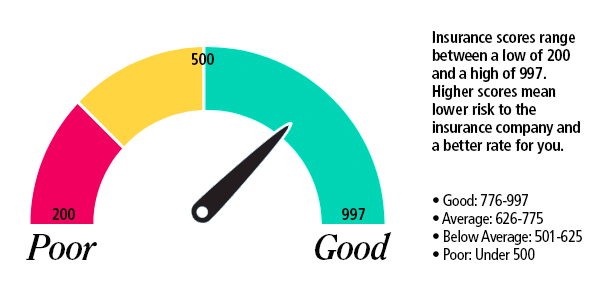Ask yourself — Do I have the right coverage? That’s why it’s important to understand what is available and how much of it you need in order to get you back to where you were before your auto accident.
Coverage for the other party:
1. Liability — provides coverage for the other party if you are responsible for the accident.
Coverage for you:
2. Other Than Collision (OTC) or Comprehensive — provides payment for the loss or damage to the policyholder’s vehicle caused by something other than collision such as:
- Fire
- Damage caused by severe weather events such as hailstorms, hurricanes, lightening, tornadoes, etc.
- Animal collision
- Flood
- Vandalism or riots
- Stolen vehicles
Although optional, Comprehensive Coverage is most likely mandatory by your lender if your vehicle is leased or still financed.
3. Collision — provides coverage for your insured vehicle if it is physically damaged due to colliding with another vehicle or object, or if the vehicle is overturned.
4. Uninsured/Underinsured Motorist — reimburses the policyholder, covered family member or your passengers for bodily injury if they are the victim of an accident caused by a hit-and-run. It also covers the same if a driver who doesn’t have any insurance (uninsured motorist) or a driver who doesn’t have high enough limits to cover the damages or injuries (under insured motorist).
5. Medical Payments — Covers costs for the treatment of injuries to the driver, passengers or struck pedestrians/bicyclists of the policyholder’s vehicle no matter who is at fault, up to the limit of coverage. It also covers ambulance transportation, which is NOT covered under an auto policy.
The takeaway
Choose coverage(s) based on your circumstances, the vehicle use and its age. Then, choose your deductible, which is the amount you pay before the policy reimburses you for your claim.
Ask a Connecticut Insurance Exchange licensed agent to help you choose the best options for your situation. They're here to help and it won't cost you a penny more for their expertise!
Auto Policy Tips
- The higher the deductible, the lower the premium
- Review your auto policy coverage when circumstances change such as buying a new car, adding a new driver, or buying a new home
An umbrella policy works like this:
Let’s say you're at fault in a car accident that injures another driver. The other driver’s injuries are severe and cost $450,000. Your automobile insurance will cover the other driver up to the limit of your policy (let’s say that amount is $300,000), minus your deductible. Without an umbrella policy, you would be liable to pay the $150,000 difference out of your own pocket, but the umbrella policy would cover you for the difference up to the limits of its policy (usually $1,000,000).



 RSS Feed
RSS Feed